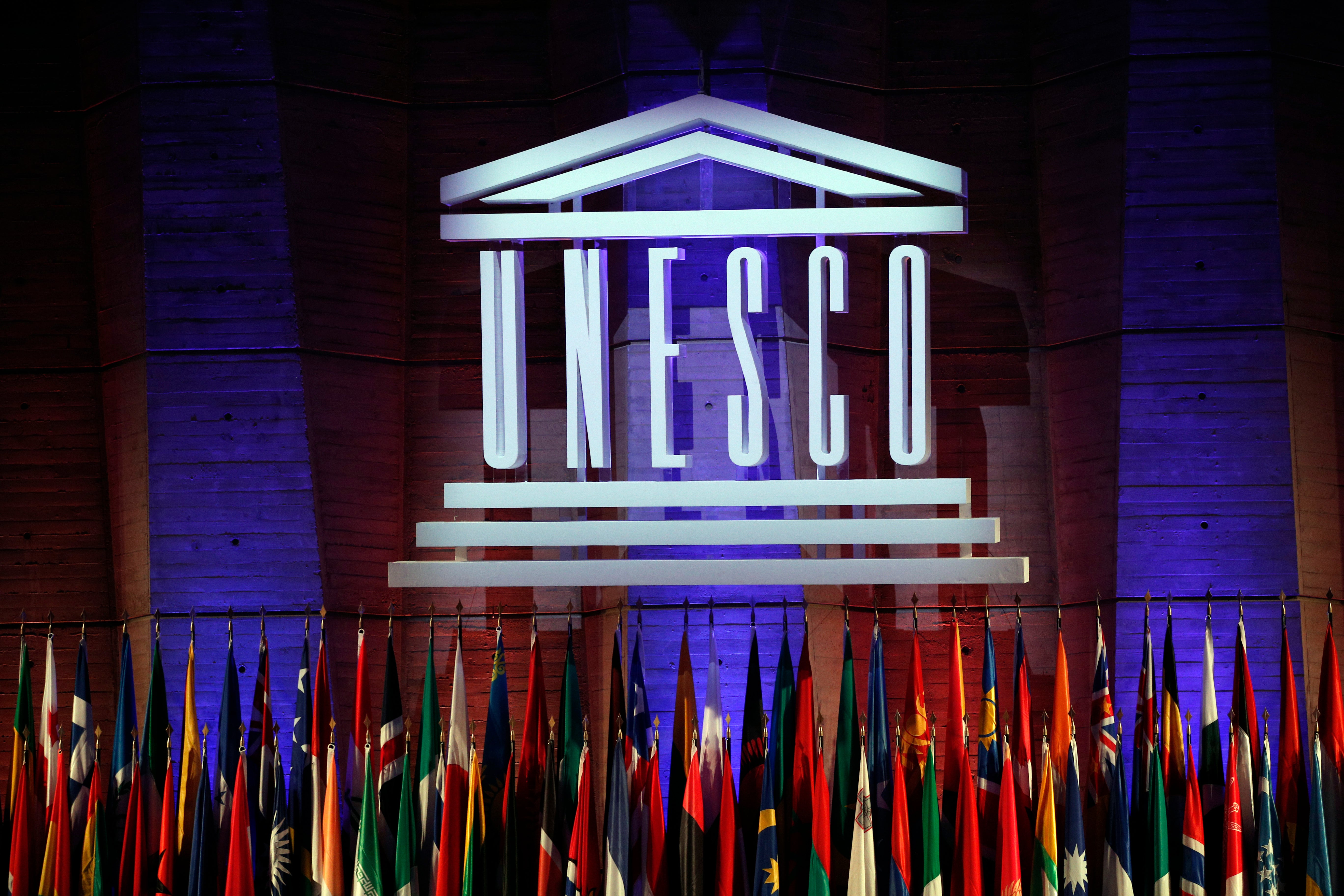Japan refiles request to list divisive gold mine on UNESCO
Japan has formally resubmitted documents seeking to obtain UNESCO World Heritage recognition for a controversial former gold mine that has added to diplomatic frictions with South Korea over Japanese wartime actions

Your support helps us to tell the story
From reproductive rights to climate change to Big Tech, The Independent is on the ground when the story is developing. Whether it's investigating the financials of Elon Musk's pro-Trump PAC or producing our latest documentary, 'The A Word', which shines a light on the American women fighting for reproductive rights, we know how important it is to parse out the facts from the messaging.
At such a critical moment in US history, we need reporters on the ground. Your donation allows us to keep sending journalists to speak to both sides of the story.
The Independent is trusted by Americans across the entire political spectrum. And unlike many other quality news outlets, we choose not to lock Americans out of our reporting and analysis with paywalls. We believe quality journalism should be available to everyone, paid for by those who can afford it.
Your support makes all the difference.Japan has formally resubmitted documents seeking to obtain UNESCO World Heritage recognition for a controversial former gold mine that has added to diplomatic frictions with South Korea over Japanese colonization of the Korean Peninsula and its wartime actions.
Japan's earlier hope to get the Sado Island mine listed as a World Heritage site this year was delayed because the original documents filed were insufficient and required more information. Japan submitted updated documents on Thursday.
The mine in northern Japan operated for nearly 400 years and was once the world’s largest gold producer before closing in 1989.
Uncertainty remains over its possible recognition by UNESCO.
Despite Japan's push, a nomination meeting planned in Russia last June was postponed due to Moscow's invasion of Ukraine, and another meeting has not been set.
South Korea has opposed the registration because of Japan’s wartime abuse of Korean laborers. Seoul has said some of the Koreans brought to Japan during its 1910-1945 colonization of the Korean Peninsula were put to forced labor at the mine.
“Japan will have full discussions with South Korea and other related countries so that the Sado gold mine will be registered as a World Heritage site and its incredible value as cultural heritage is highly regarded,” Foreign Minister Yoshimasa Hayashi told reporters Friday.
Historians say Japan used hundreds of thousands of Korean laborers, including those forcibly brought from the Korean Peninsula, at mines and factories to make up for labor shortages, as most working-age men were sent to battlefronts across Asia and the Pacific.
Relations between Tokyo and Seoul have hit their lowest point in years over South Korean court rulings upholding compensation demands by former forced laborers used by Japanese companies before and during World War II — the issue Japan says was settled under the 1965 normalization treaty. The two sides are currently discussing ways to resolve the deadlock, including a South Korean proposal for a fund.
South Korea said it “regrets” that Japan submitted a nomination for the Sado gold mines without taking steps to address Seoul's complaint over another historical site in Nagasaki with a similar background, urging Tokyo to do that first.
“The Korean government will continue to make efforts together with the international community including UNESCO so that the full history which contains the painful history of people who were forced to work during wartime can be reflected,” South Korea's Foreign Ministry said in a statement.
The town and Niigata prefectural sites praise the Sado Island mine for mining technology development before and after industrialization but do not mention its link to wartime Korean laborers.
After an earlier letter of recommendation to nominate the mine to UNESCO last year was found insufficient, Japan sent an interim document at the end of September and a formal version on Thursday.
UNESCO had requested additional information about sections of a former waterway used to collect gold dust, but the details were mostly technical and not related to divisive views over wartime history.
Another controversial Japanese site was granted UNESCO recognition in 2015. Gunkanjima, or Battleship Island, in Nagasaki prefecture, was a former coal mine site recognized as important to the Meiji Industrial Revolution in Japan. South Korea protested that the site omitted mention of Koreans toiling on the island, which triggered a UNESCO decision urging Japan to present more balanced history.
Prime Minister Fumio Kishida’s government previously considered delaying the Sado Island nomination but apparently reversed itself after facing growing pressure from ultra-conservatives in the ruling party known for their efforts to whitewash Japan’s wartime past.
___
Associated Press writer Kim Tong-hyung in Seoul, South Korea contributed to this report.